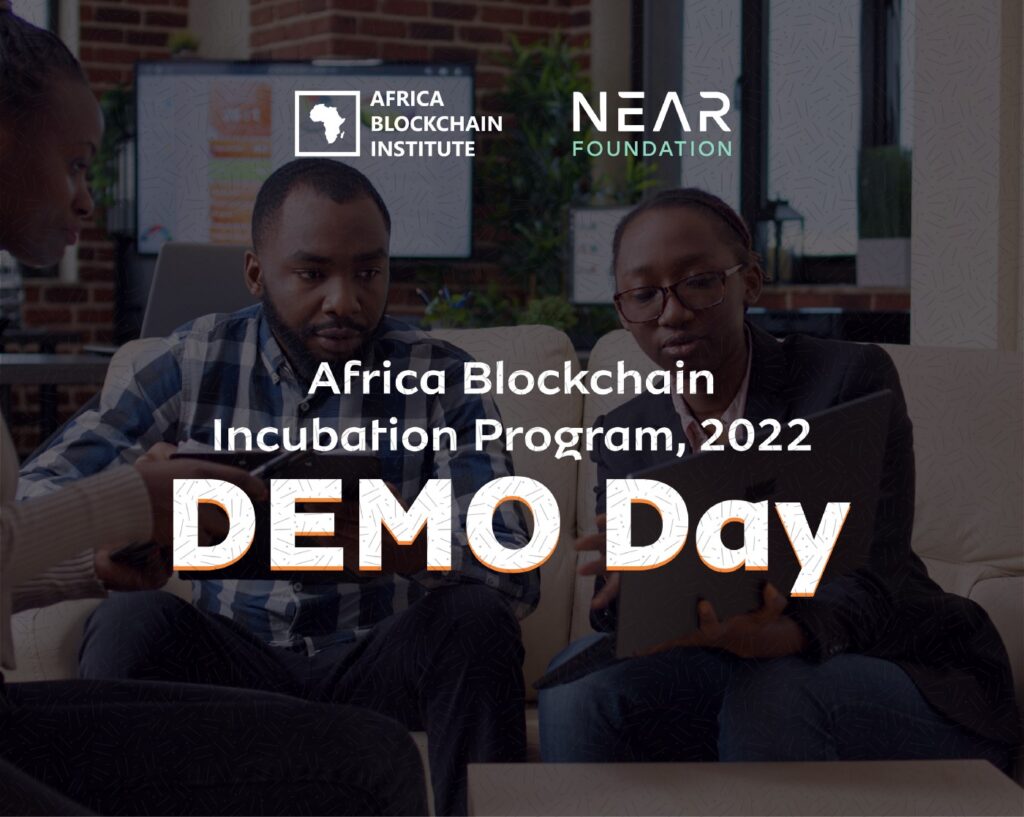Tigere Housing is Providing House Mortgages for Underbanked and Unbanked Zimbabweans

Digitizing real estate financing in Africa is one thing, but digitizing real estate for the informally employed is a big deal. The duo of Vusa Chimanikire and Tanaka Mhambi developed Tigere Housing to provide housing mortagage for informally employed in Zimbabwe.
Tigere Housing is was founded with the goal of providing housing to African communities. The tech leverages machine learning, alternative methods of credit risk assessment, high-quality, environmentally sustainable housing designs, and cost-effective financial products that meet the demands of the continent’s expanding population.
Zimbabwe’s economy has been particularly difficult, and according to government statistics, roughly half of city people rent their homes.
Rent usually takes a large sum of an individual’s saving, but owning a house takes more. It typically takes a person years to save up for one. According to data from Property co, the average house in the country has 1-2 bedrooms and costs $48,000, while the average monthly wage is $230. At $230 for formally employed, imagine what that of the informally employed would look like.
With an average salary of $230, banks are unwilling to take this risk. It makes obvious that with only $230 available for housing and food, one person’s income is unlikely to be sufficient to cover loan repayments.

Tigere Housing, a Proptech-Fintech firm in Zimbabwe, seeks to address this housing need for the underbanked and unbanked members of society. The company saw that banks and MFIs either impose excessive lending rates or simply refuse to lend to those who work irregular jobs. Banks frequently assert that borrowers are ineligible for mortgages because they lack the pay stubs, collateral, and verifiable financial information that banks and MFIs require.
Therefore, Tigere is aiming to provide house financing to these persons who work informally; formalizing the informal.
How Tigere Housing Offers its Service
Assessing credit worthiness for formal workers is easy, Banks focus on pay slips. Tigere looks beyond what Zimbabweans earn by assessing credit worthiness via its tailor-made credit scoring system.
Their alternative risk assessment technique, which takes alternative data and financial facts into account, serves as the foundation for this.
Potential borrowers must provide the typical information concerning their income, costs, and assets. Using its psychometric evaluation, Tigere is certain that its analysis will be able to identify any dishonest candidates. Do not forget that determining creditworthiness is essentially determining personality.
There are two primary possibilities available to an applicant who is accepted. One is an incremental construction strategy in which candidates can apply for financing as they develop their homes. To build the foundation slab, is cement necessary? Renovations, incremental home building, and the purchase of building supplies are all eligible for loans.
Applicant who are not interested in constructing also have the choice to rent-to-own a pre-built home. In this case, after paying a deposit, a candidate can take possession of the home. This way, monthly fee is split between rent, a mortgage payment, and loan interest.
It doesn’t matter that not enough individuals are able to make their mortgage payments. To Tigere, rather than being a capacity challenge, it is more of willingness to offer the service. Following that, those who can but are unlikely to, for whatever reason, are eliminated by psychometric examination.
The Ouut’s Take
Africa needs more innovations like what has come from Vusa Chimanikire and Tanaka Mhambi. Tigere intends to officially launch at the end of the year, in October or November. Until then, they will continue increasing their capacity.

Tigere got accepted and went through the African Blockchain Institute Incubator and was invited to pitch at a demo day on the 30th of June in Kigali, Rwanda.
However, there should be concerns on the danger Tigere undertakes. Particularly in an unstable economy like Zimbabwe’s, informal income can be unreliable.
But the startup can draw comfort with the fact that land often increases in value and fixed property is, well, fixed. This implies that Tigere Housing will still be in a good position to locate a new buyer even if they have to foreclose on some contracts.
